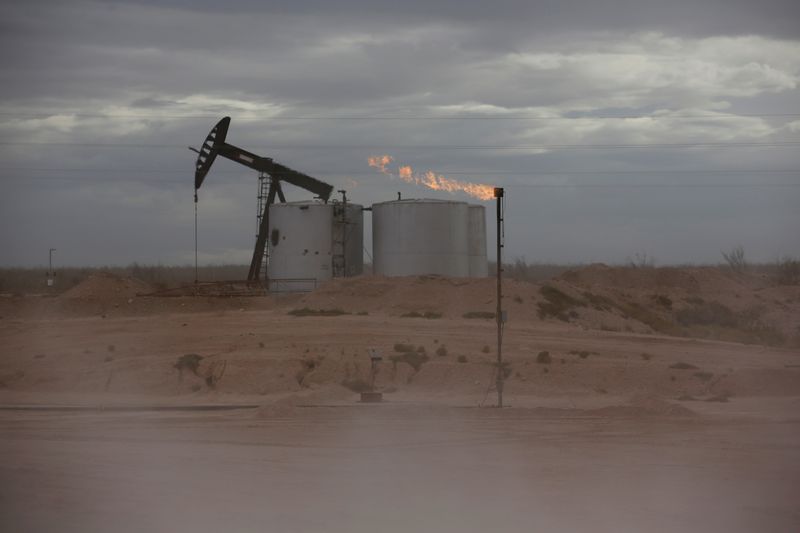LONDON (Reuters) – The heads of the world’s largest trading houses on Tuesday predicted a tepid recovery in oil demand and flat prices over the coming months or years due to the coronavirus pandemic but said peak oil demand would come only in the next decade.
The chief executives of Vitol, Gunvor and Mercuria also told the annual FT Commodities Global Summit they would invest more in renewables.
Russell Hardy, who runs the world’s biggest trading house Vitol, said he had “modest expectations” for oil prices as he expected consumption to stay broadly flat until next summer.
“The market is still fragile and we all know demand is not going to do very much, probably until next summer, because peoples’ lives won’t change materially through winter. They’re not going to start travelling extensively again because the pandemic is still live,” said Hardy.
Mercuria’s chief and co-founder, Marco Dunand, was even more pessimistic, saying he did not see oil consumption coming back to pre-pandemic levels for a few years.
Dunand said he expected prices to stay broadly flat at $45 per barrel for the next six months.
Gunvor CEO Torbjorn Tornqvist said prices would fluctuate between the mid and high $40s until the middle of 2021.
The trading chiefs said it was too early to predict peak oil demand and it would probably not come before the next decade when renewable energy production spikes.
Hardy said that OPEC would continue to manage the market to try to balance supply and demand before potentially abandoning its policy when shrinking demand would lead to a battle for market share.
“There is potentially a scenario where you can have that level of competition coming into the market and every man for himself,” Hardy said.
He pointed to an oil demand scenario from oil company BP <BP.L> where demand in 2030 would be considerably lower than now, which he said would be a big challenge for producers, investors and OPEC.
“But the forecast demand drop is not the scenario we expect and there is room for producers to continue managing the market for the next 10+ years and that endgame is maybe a little further away, perhaps 15-20 years,” he said.
(Writing by Dmitry Zhdannikov; editing by Jason Neely and Jane Merriman)























